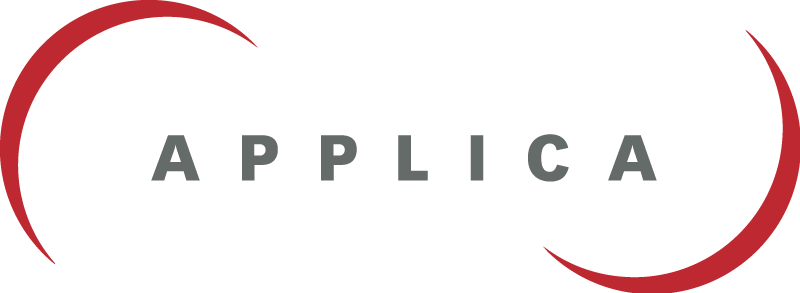A part of the multiple framework contracts for the provision of services related to the implementation of Better Regulation Guidelines, the project aims at the production of ESF statistics, including methodological and harmonisation aspects. The Data Support Centre assists the Member States and the Commission to fulfill the monitoring and reporting obligations set out in the Regulations governing the European Social Fund. This covers:
– Providing methodological support to the Commission
– Providing methodological support to the Member States
– Providing ESF data plausibility and consistency checks
– Reporting of ESF data.
Study supporting the 2019 evaluation of support to Employment and Mobility
The purpose of the study is to provide the Commission with evidence and analysis that will allow building up its evaluation of the ESF support to employment and mobility (i.e. TO8 excluding support to youth employment). The report aims at taking stock of the results of ESF related support for the period 2014-2018, building in particular on the relevant ESF evaluations carried out by the Member States. The results of the report should also feed into the next programming period by providing lessons and supporting the negotiations of the OP for the ESF+.
The study is a part of the multiple framework contracts for the provision of services related to the implementation of Better Regulation Guidelines.
ESF Synthesis of Annual Implementation Reports submitted in 2018 and 2019 and ad-hoc reports
A part of the multiple framework contracts for the provision of services related to the implementation of Better Regulation Guidelines, the objective of the contract is to collect, analyse, synthesise and aggregate monitoring and evaluation information provided by Member States through Annual Implementation Reports (AIR) and, where relevant, progress reports12 in order to provide evidence on the performance of the ESF over the 2014-2020 programming period, for the AIR 2017 submitted in 2018, the AIR 2018 submitted in 2019 and the Progress Reports submitted in 2019. The information is presented in a standard and easy-to-read manner. The aim is also to collect additional information from Member States through interviews and surveys for the ad hoc reports. These reports are used to communicate results to stakeholders and other institutions.
